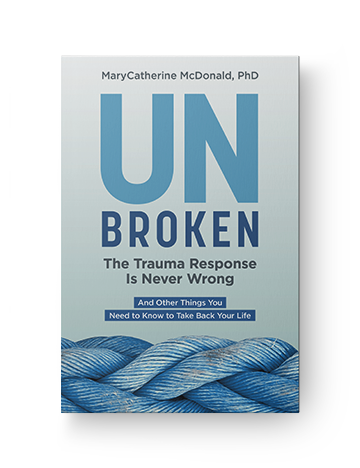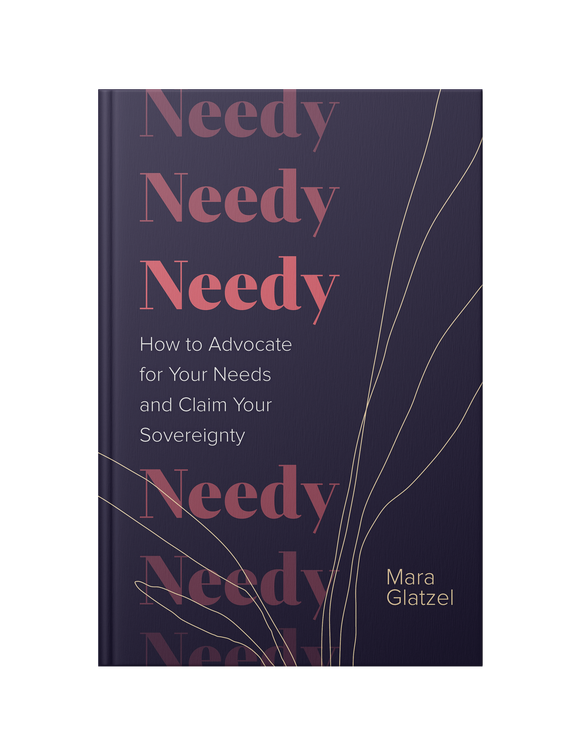Katie Horwitch: Reimagining Being Positive and Fearles...
Shifting out of negative self-talk isn’t easy. Sugar-coating, “sending love and light,” faking-it-till-we-make-it, and other forms of false positivity can do more harm than good. In her book, Want Your Self: Shift Your Self-Talk and Unearth the Strength in Who You Were All Along, activist and mindset coach Katie Horwitch brings readers a practical guide for becoming fluent in an inner language for loving who you are while growing into the person you were meant to become.
In this podcast, Tami Simon speaks with Horwitch about her empowering approach to living with greater self-acceptance, integrity, and authenticity, discussing confidence versus vanity; fitting in versus belonging; the risks of positive thinking; getting to the core of the Self; proactive positivity; how shifting self-talk leads to cultural, systemic transformation; focusing on priorities, cultivating trust and other tools to stop negative feedback loops; the practice of using anchor words; the fear versus faith exercise; being your true self “out loud”; integrity as the alignment of your intention and your impact; stepping up to the plate of our life; and more.










